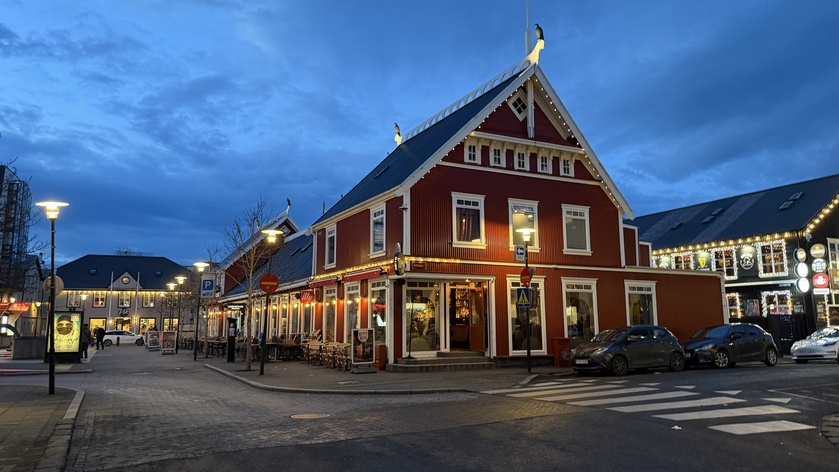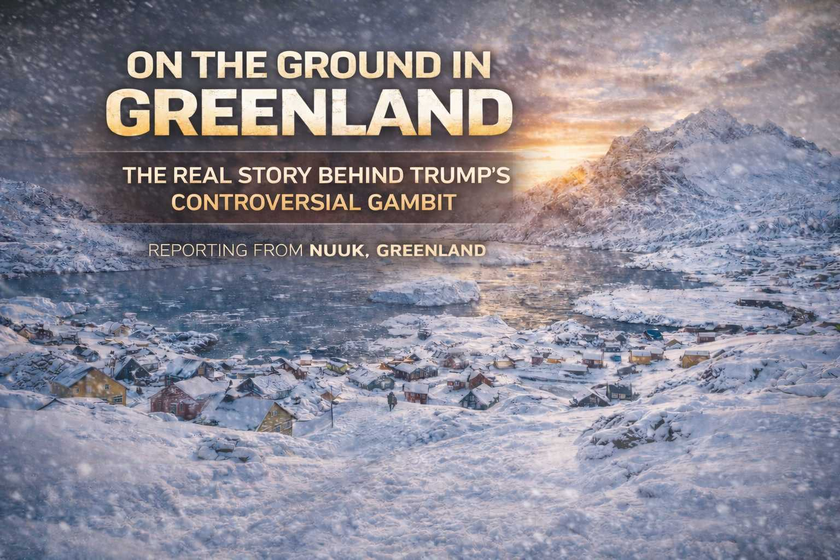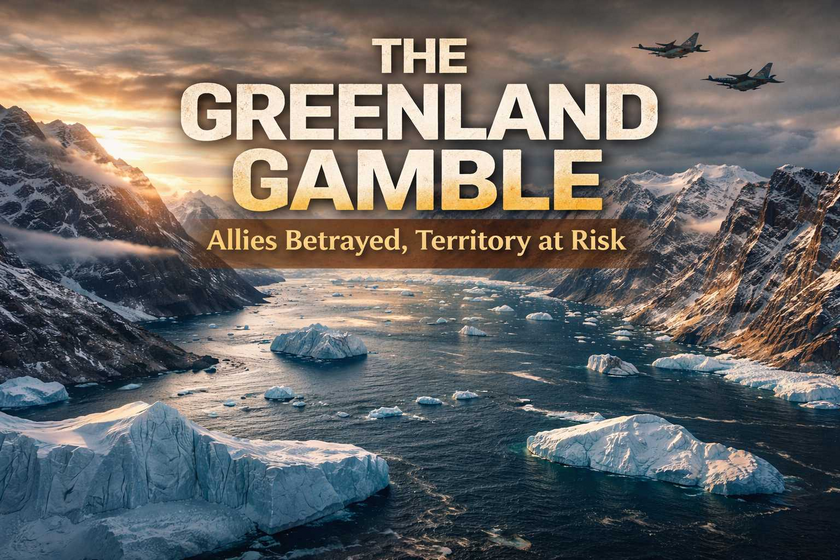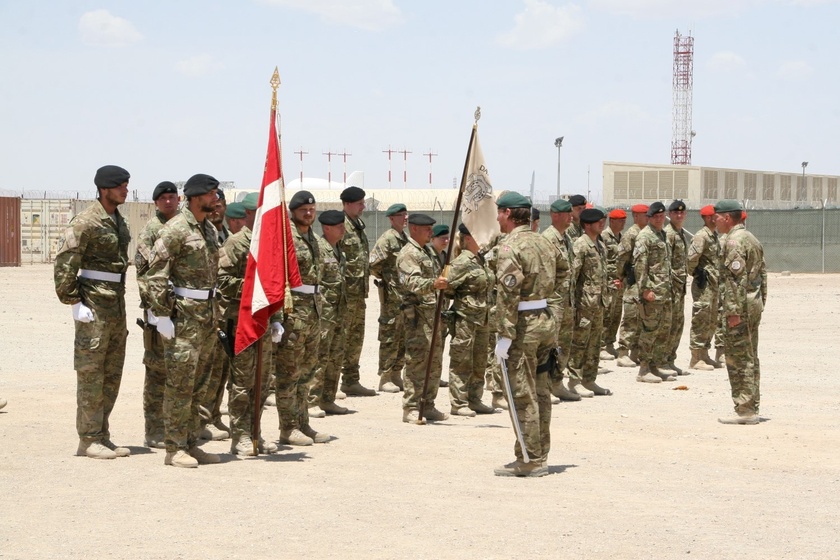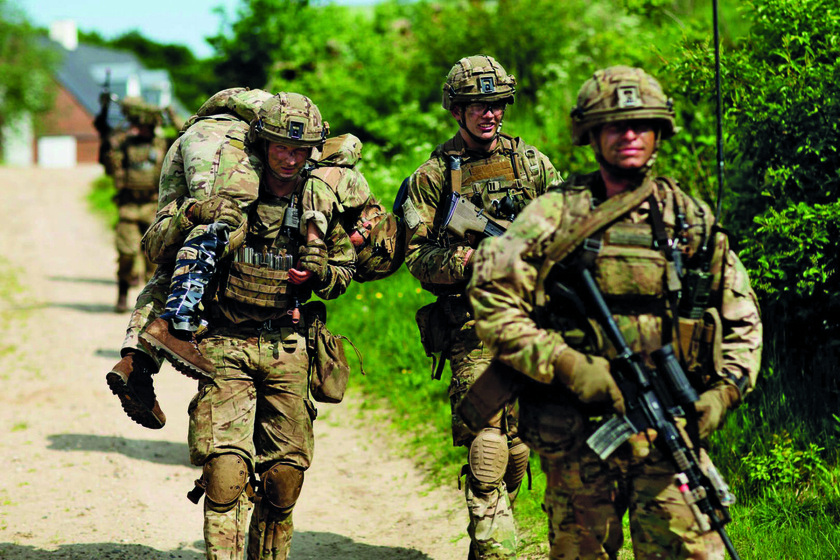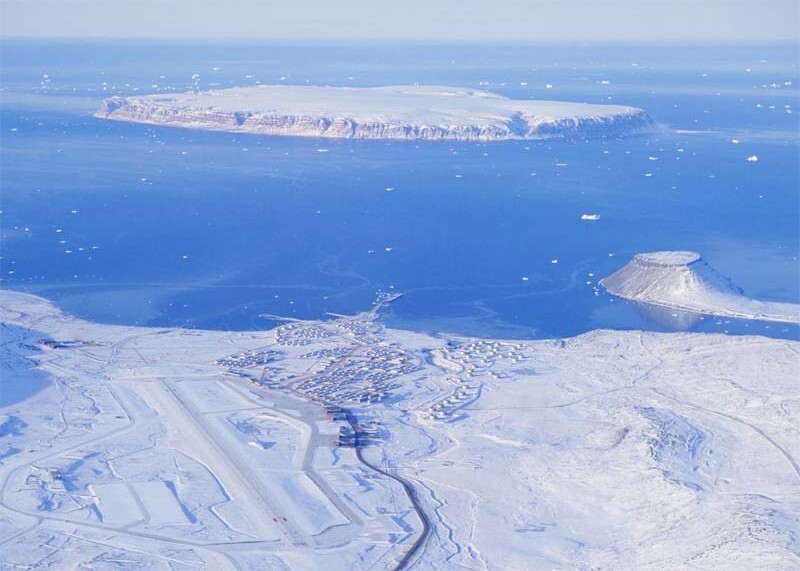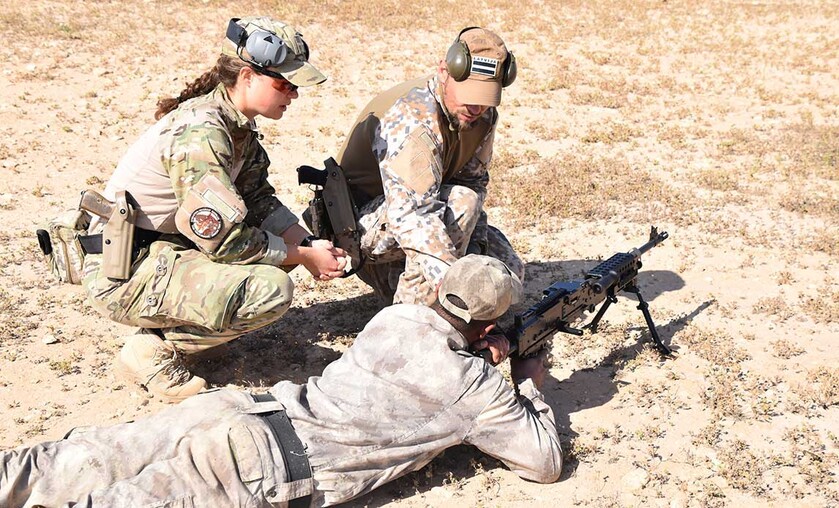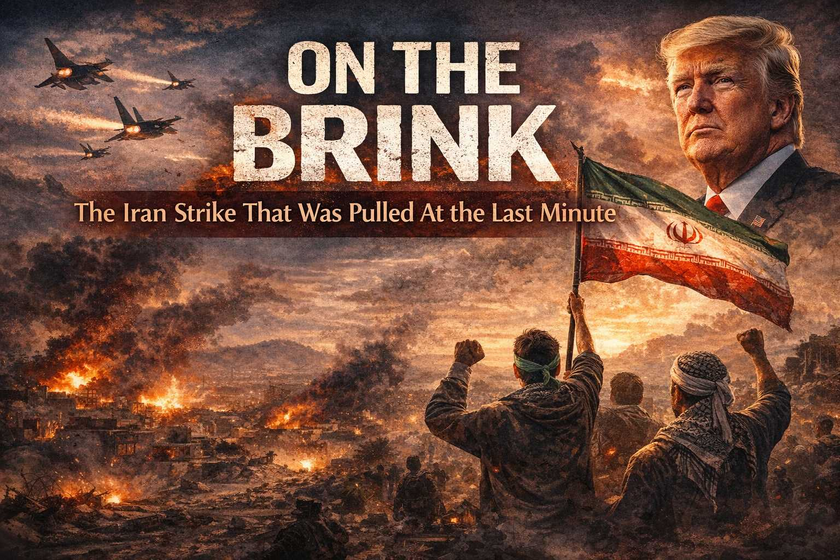The Syrian Civil War, a theater of unrelenting chaos since 2011, just escalated dramatically. Insurgents breached Aleppo, Syria’s second-largest city, on Friday, marking the first major attack on the city by opposition forces since 2016. Two car bombs detonated at the city’s western edge opened the way for fierce clashes between insurgents and government forces, forcing residents to flee under a hail of missiles and gunfire.
This offensive, launched Wednesday, saw thousands of fighters storm through northwestern Syria, sweeping through villages and towns and adding new uncertainty to an already volatile region. The Middle East is reeling from the wars in Gaza and Lebanon with Israel, and Aleppo’s fall into chaos once again underscores how unresolved conflicts can reignite with devastating consequences.
Unlike the last siege of Aleppo in 2016—when government forces, heavily backed by Russia, Iran, and Hezbollah, expelled opposition fighters—this time there’s little sign of significant pushback. Reports indicate government troops are retreating, and insurgents are urging them to surrender via social media. With Hezbollah and other Iran-linked groups distracted by their battles closer to home, Damascus may find itself without the reinforcements it once relied on.
The Messy Reality of Syria’s Civil War
This breaking news is a stark reminder of the war's complexities. The U.S. supported the Free Syrian Army (FSA) for years through the CIA’s “Timber Sycamore” program, which supplied training, arms, and equipment to anti-Assad forces. However, the U.S. quickly found itself entangled in a moral and strategic web. Many opposition groups, including those affiliated with the FSA, have ties to Sunni extremist organizations like Al Qaeda. Meanwhile, Shia Hezbollah terrorists have fought alongside the Assad regime, aligning with Russia and Iran.
In Syria, the U.S. has supported groups that sometimes clash with one another, and even with other U.S.-backed forces. The Kurds and Yazidis stand out as defenders of religious minorities and staunch opponents of ISIS, but they too are polarizing. Kurdish factions like the YPG have Marxist roots, complicating their position as "good guys" in the eyes of some allies.

A Cautionary Tale
The renewed fighting in Aleppo adds another layer to Syria’s already tangled narrative. It’s a theater where few factions are unequivocally virtuous, and where alliances shift like desert sands. The Assad regime and the Kurdish SDF stand out as entities that have offered some protection to religious minorities, but even they are far from universally trusted.
In conflicts like these, it’s tempting to simplify the narrative—to cheer for the side that appears less abhorrent. But the truth is, in Syria, there are no simple choices. The only certainty is that innocent civilians will once again pay the price as regional powers and international players pursue their competing interests.
As Aleppo burns, the lesson is clear: tread carefully when choosing sides. Sometimes, it’s not about “good guys” versus “bad guys.” It’s about survival in a world of shifting allegiances and harsh realities.




